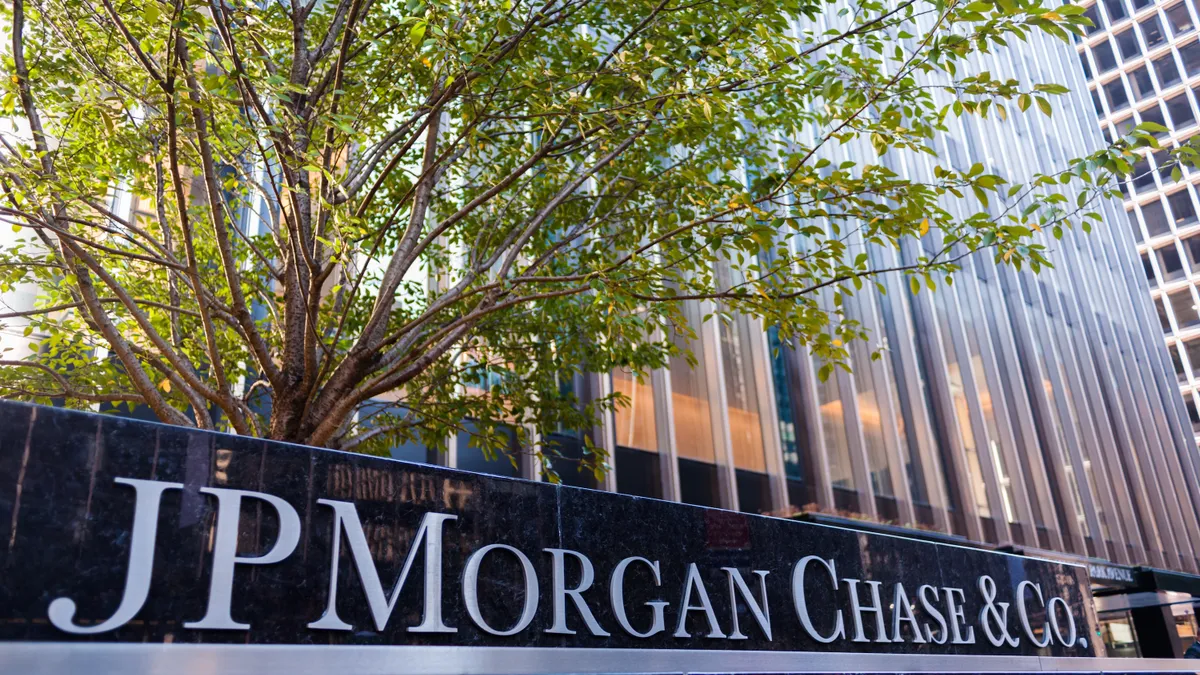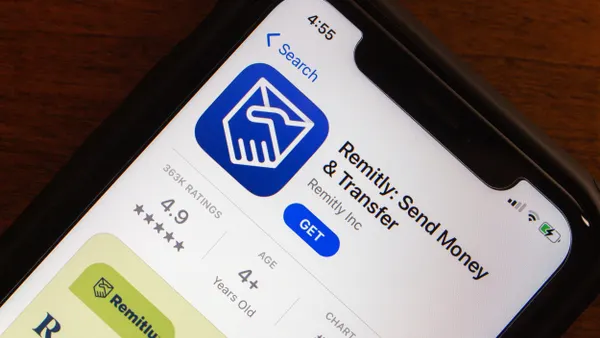Several senate Democrats called on the Consumer Financial Protection Bureau Thursday to keep pursuing open banking rules that give consumers the ability to easily shift their personal data from one financial institution to another.
Sens. Elizabeth Warren, Ron Wyden and Richard Blumenthal pressed CFPB Acting Director Russell Vought in a letter to continue the federal agency’s work in writing a rule under the Dodd-Frank Wall Street Reform and Consumer Protection Act that would further such consumer rights, without fees.
The agency issued such a rule last year during the Biden administration, but bank trade groups sued over the regulation and it has been tied up in court. Under Vought’s leadership, the agency stopped backing the Biden-era rule in the litigation, which a judge has stayed, pending the agency’s decision to rewrite the rule. At the same time, Vought is aggressively shrinking the agency and threatening to shutter it, leaving the rule’s future in doubt.
“We are concerned that the Trump CFPB’s policymaking seems to be more driven by the seesawing interests of big banks and other industry groups than with protecting consumers’ rights to their own data, as mandated by law,” the senators said in their letter.
The senators also issued a press release on Thursday, insisting Vought reinstate the prior Personal Financial Data Rights rule.
“In the absence of the rule, big banks have demonstrated that they intend to charge exorbitant fees for this data to choke off competition and concentrate this data in the hands of a few large incumbents,” the senators wrote.
The senators also contended that banks should not be allowed to charge for access to the data, saying it would be a violation of the law. “Large financial institutions have a monopoly over large swaths of consumer data and thus have the potential to drive out competitors and start ups in the data sharing market,” the letter said.
The senators specifically called out JPMorgan Chase, the largest U.S. bank, for imposing fees earlier this year on third party data aggregators, including the fintech Plaid. That bank’s fees were “at rates high enough to paralyze the market,” the letter said, noting that PayPal Holdings’ peer-to-peer payment tool Venmo and neobank Chime use Plaid to connect users’ bank accounts to their apps.
JPMorgan Chase didn't respond to a request for comment.
The bank was set to impose an estimated $300 million in new fees annually on Plaid, the senators said, citing an article from the media outlet Forbes, before the companies reached an agreement in September on terms that weren’t disclosed. JPMorgan Chase’s initial fee structure “indicates where the market may be moving absent the CFPB’s rule,” the letter said.
Earlier this month, a second data aggregator, Yodlee, said it had reached an updated agreement with JPMorgan Chase over access fees.
The senators argued that “it is critical that any revisions the CFPB makes to the Personal Financial Data Rights rule recognize the importance of consumers being able to exercise their rights, which includes deciding how and by whom their data is used.”














